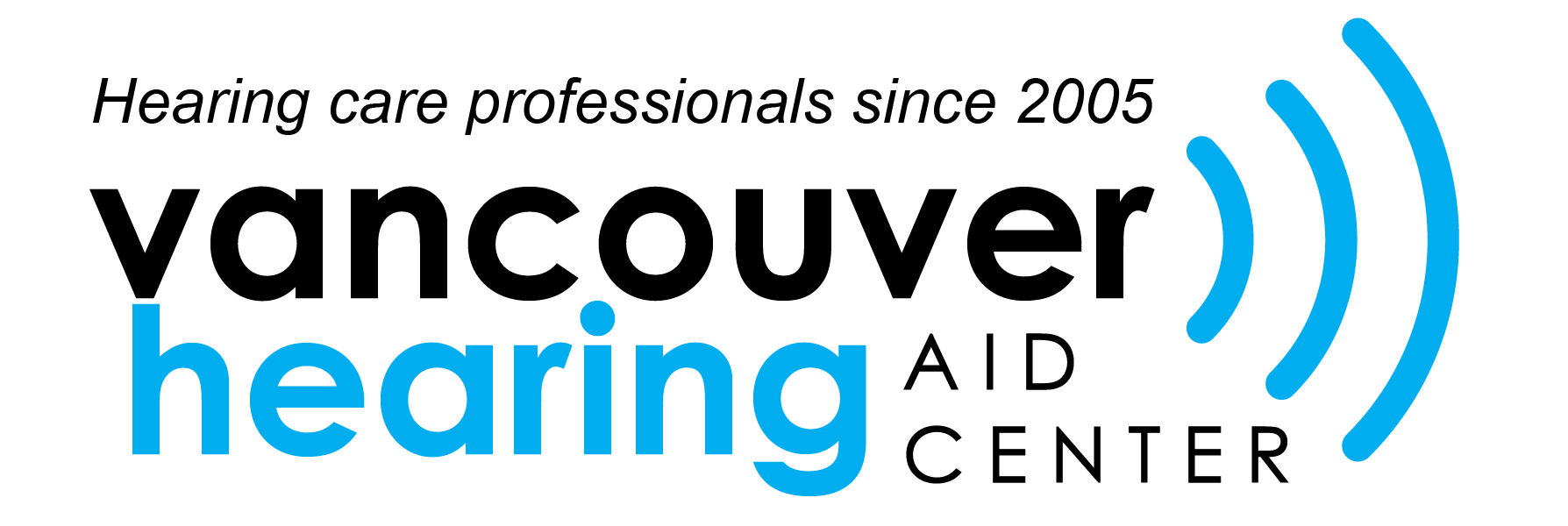At best, when your ears feel clogged, it’s a nuisance. At worst, it can cause pain, discomfort and difficulty with hearing. Your condition may resolve on its own, but if you’re suffering for days, it’s time to consider what’s at the root of the problem.
Here are some of the leading reasons for ear clogging. If you’re experiencing any of these issues, reach out to your audiologist to schedule an appointment.
Eustachian tube blockage
This common cause of a clogged ear involves the tube that connects the middle ear and the throat. Fluid and mucus flow from the ear into the back of the throat via this tube; however, fluid and mucus may become trapped in the middle ear, leading to clogging. This is often what happens when you have an ear infection following a cold.
Symptoms related to this blockage include coughing, sneezing, runny nose and sore throat. Removing the blockages from the Eustachian tube is vital so that the fluid can drain. When this doesn’t happen, bacteria will collect and result in infection.
Impacted earwax
Earwax is how the body protects the ear, trapping dirt and other particles. The earwax typically falls from the ear on its own. However, in some cases the earwax can become impacted, thereby affecting your hearing. Symptoms tied to this condition include:
- Ears feel clogged
- Earaches
- Coughing
- Tinnitus
- Partial hearing loss
If you feel impacted earwax may be affecting you, see a physician or hearing specialist about earwax removal. Don’t try it on your own with a Q-tip, as this could involve accidental puncturing of your ear drum.
High altitude
Some people experience ear clogging when they’re changing altitude, such as going up a mountain. The Eustachian tube equalizes pressure in the middle ear, which doesn’t always happen as it should at higher altitudes. This is typically a temporary side effect, but if you’re experiencing altitude sickness, then it could linger.
Sinus pressure
Congestion in the nasal passage may result in temporary hearing loss. The sinus cavities extend adjacent to the ear canal. When sinus passages are inflamed, then this may result in your Eustachian tubes swelling as well. If you suffer from allergies or a cold that’s causing your ears to feel clogged, consult a medical professional.
COVID-19
This condition is related to a wide range of symptoms, from loss of taste and smell to ear clogging. These are not common symptoms like sore throat and fever, but the Delta variant has been tied to more ear problems. In very rare cases, the virus has been linked to hearing loss. If you’ve had a positive test for COVID-19, talk to your doctor about what treatment options are available.
When you’re seeking the experts in hearing aid repairs, sales, fittings and more, trust Vancouver Hearing Aid Center. Since 2005, we’ve been helping to restore people’s hearing. Our accomplished team has more than five decades of experience in the field. Stop by our location today or call us to find out more about our products and services.

